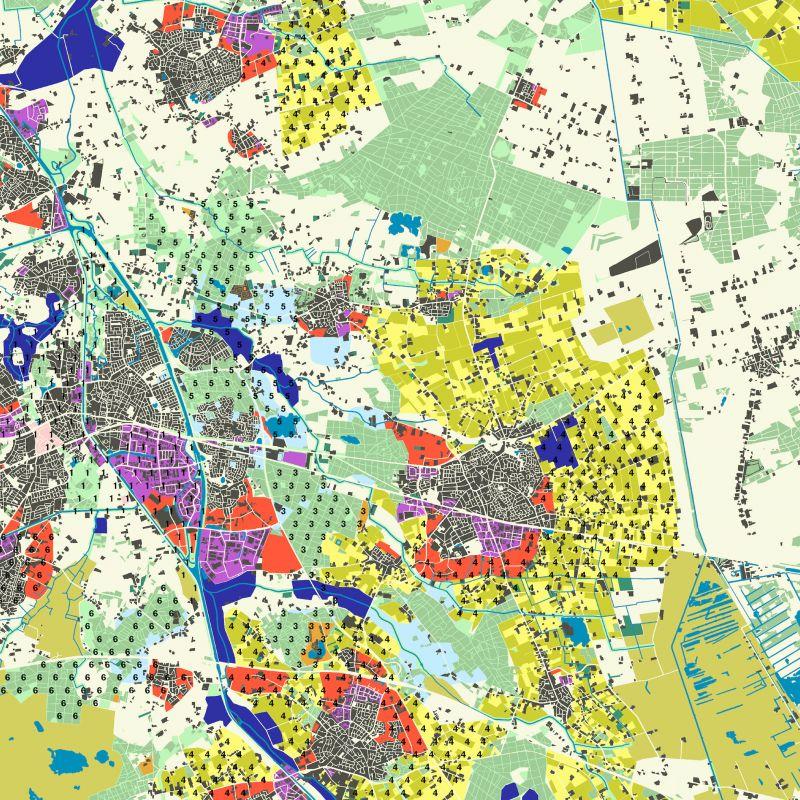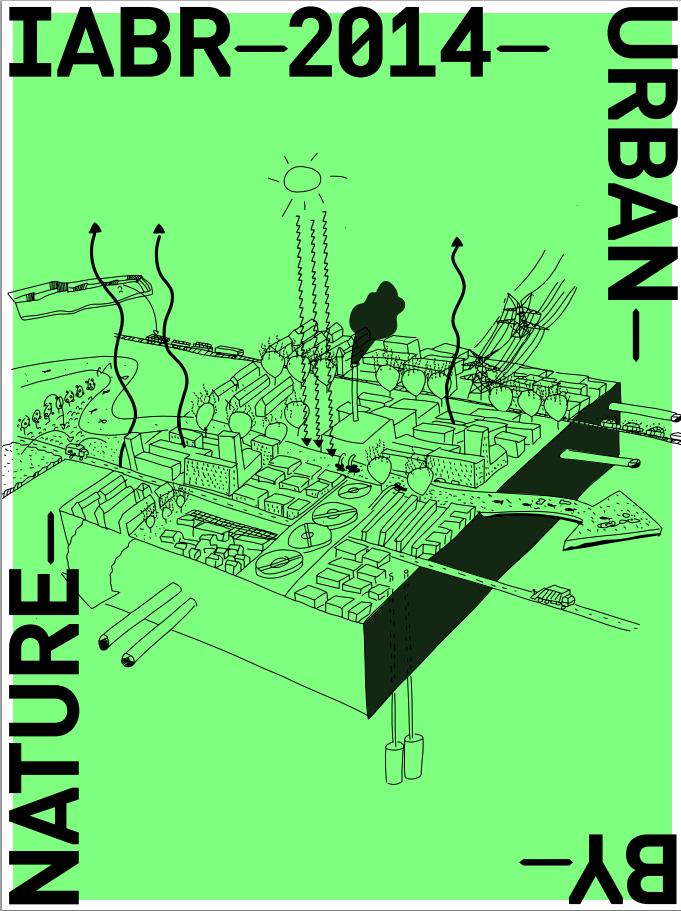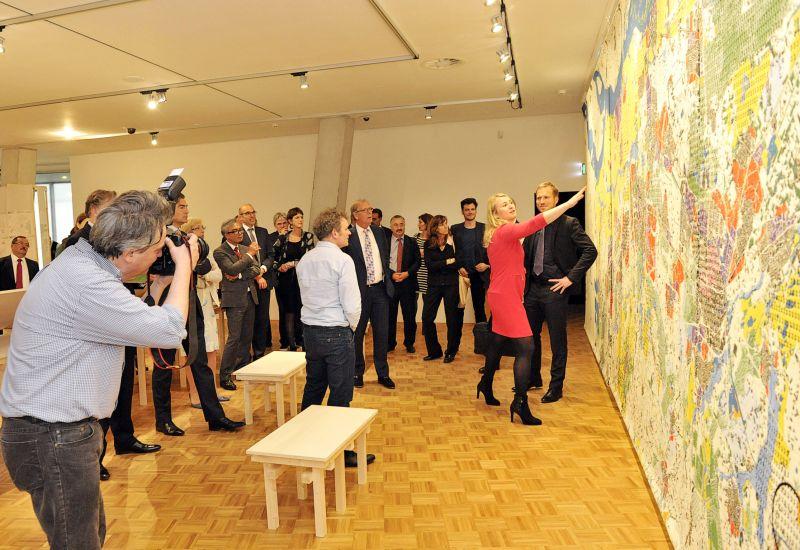Urbanization is becoming a landscape architectural challenge; urban planning difficulties are arising in the countryside. Is it possible to plan on the scale of the urban landscape?
Exhibition
Strategies for the urban landscape
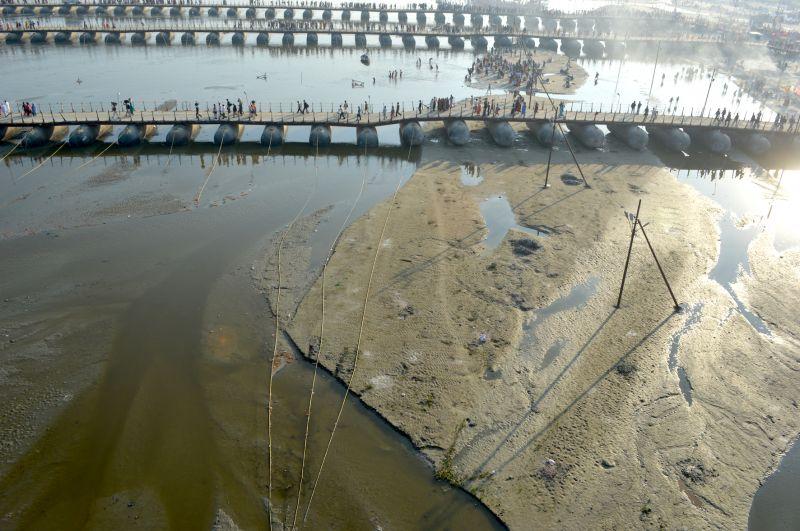
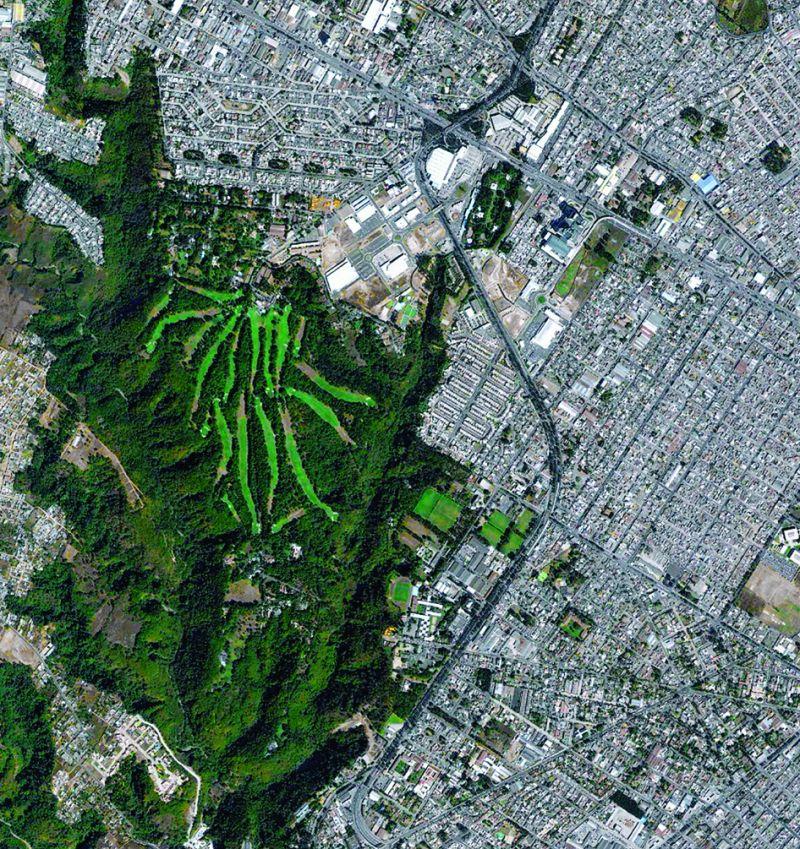
Strategies for the urban landscape: How can we accurately portray and map the spatial, morphological, and functional form of this huge artifact that is the carpet metropolis? How can managers, planners, and designers wind and weave an urban carpet in the realization that complete control is an illusion?
Dirk Sijmons, curator of Urban by Nature: "The urban landscape is a giant artifact composed of densely and sparsely built-up areas, residential areas, industrial complexes, airports, opencast mines, enclosed natural areas, scattered buildings, agriculturally cultivated areas, canals, and horticultural areas – and the infrastructure necessary to loosely connect this tissue. How can we control a planning object so large that it ignores administrative or national borders, so complex that any kind of forecasting or management ambition is illusory?"
The beginning of an answer to this question is exhibited in Strategies for the urban landscape. Cartographic studies, observations on the relationship between city and countryside, strategic plans for entire deltas, practical ways to combat the fragmentation of the carpet metropolis, lessons to be learned in the American suburbs, and a parade of urban planning instruments to be used by designers and administrators. Many of these themes are reflected in the approach of the IABR-Atelier BrabantStad."
